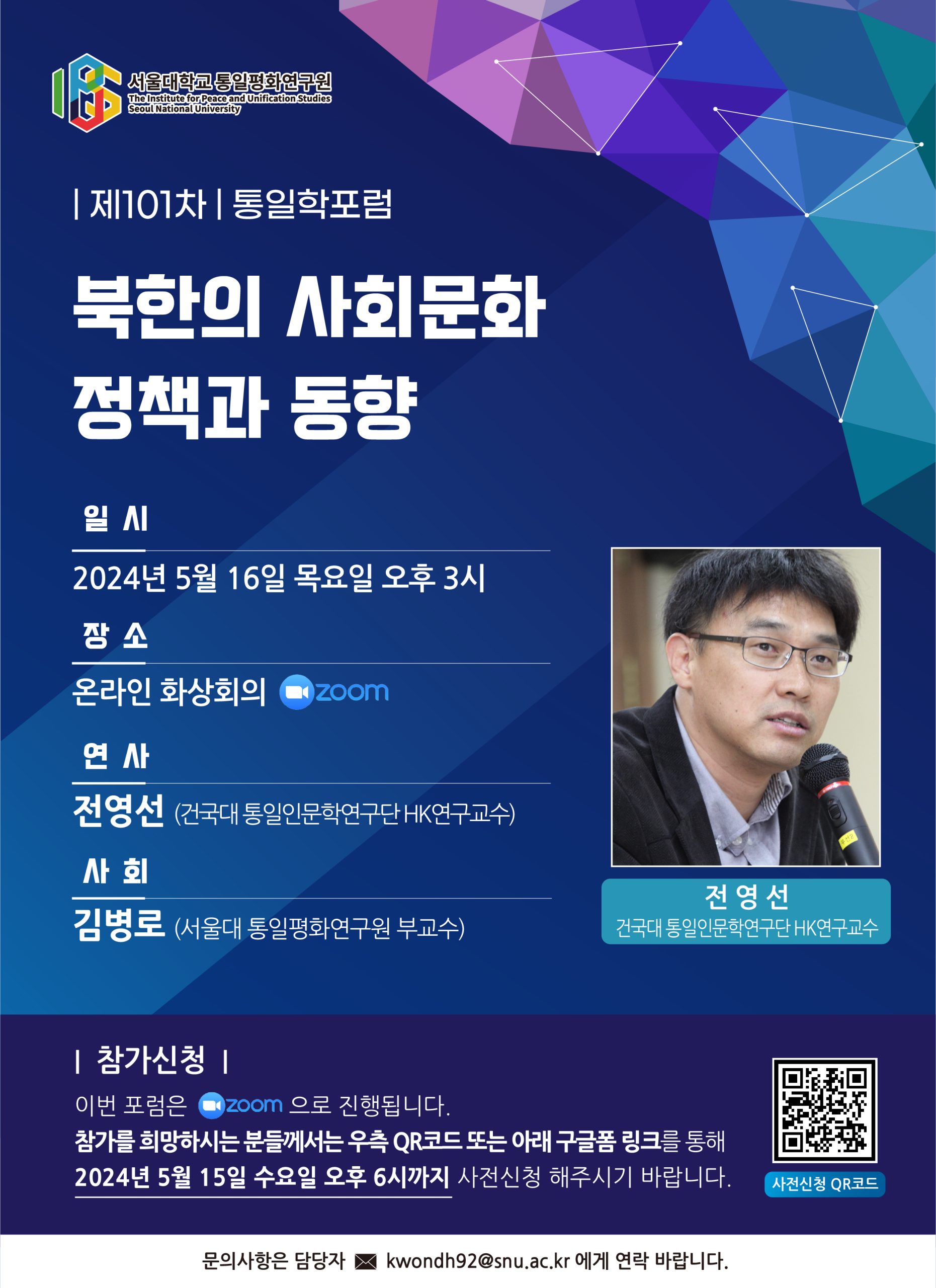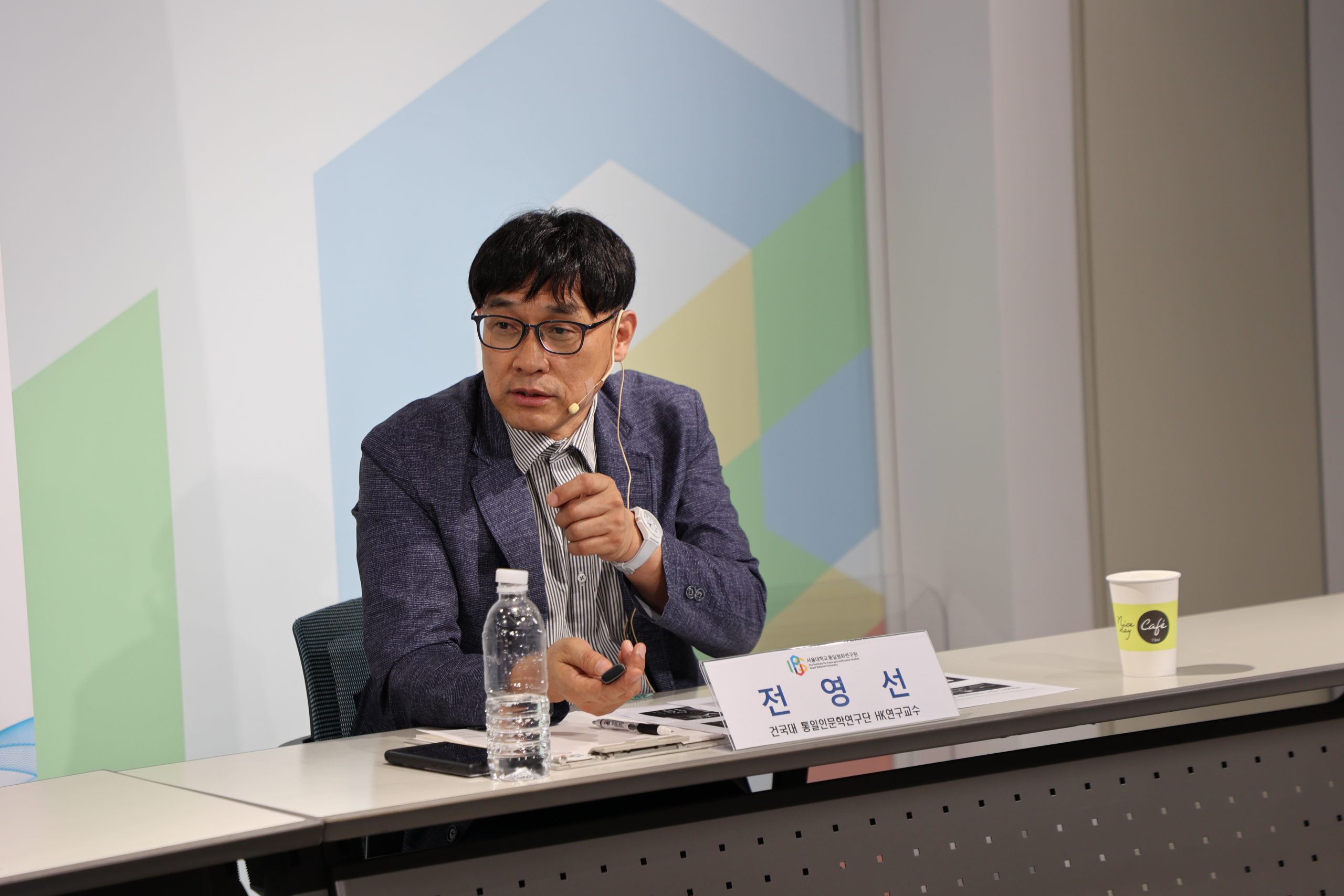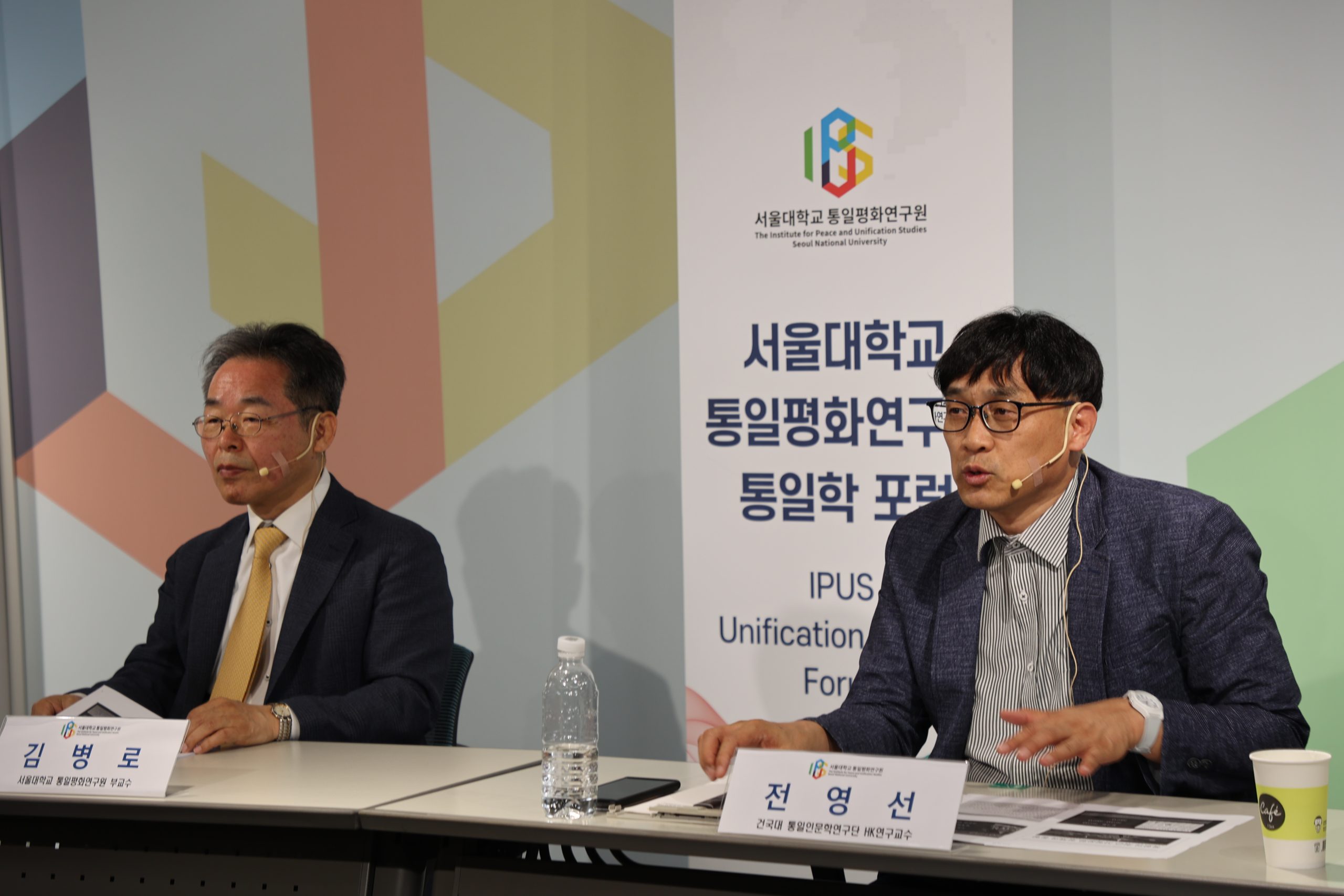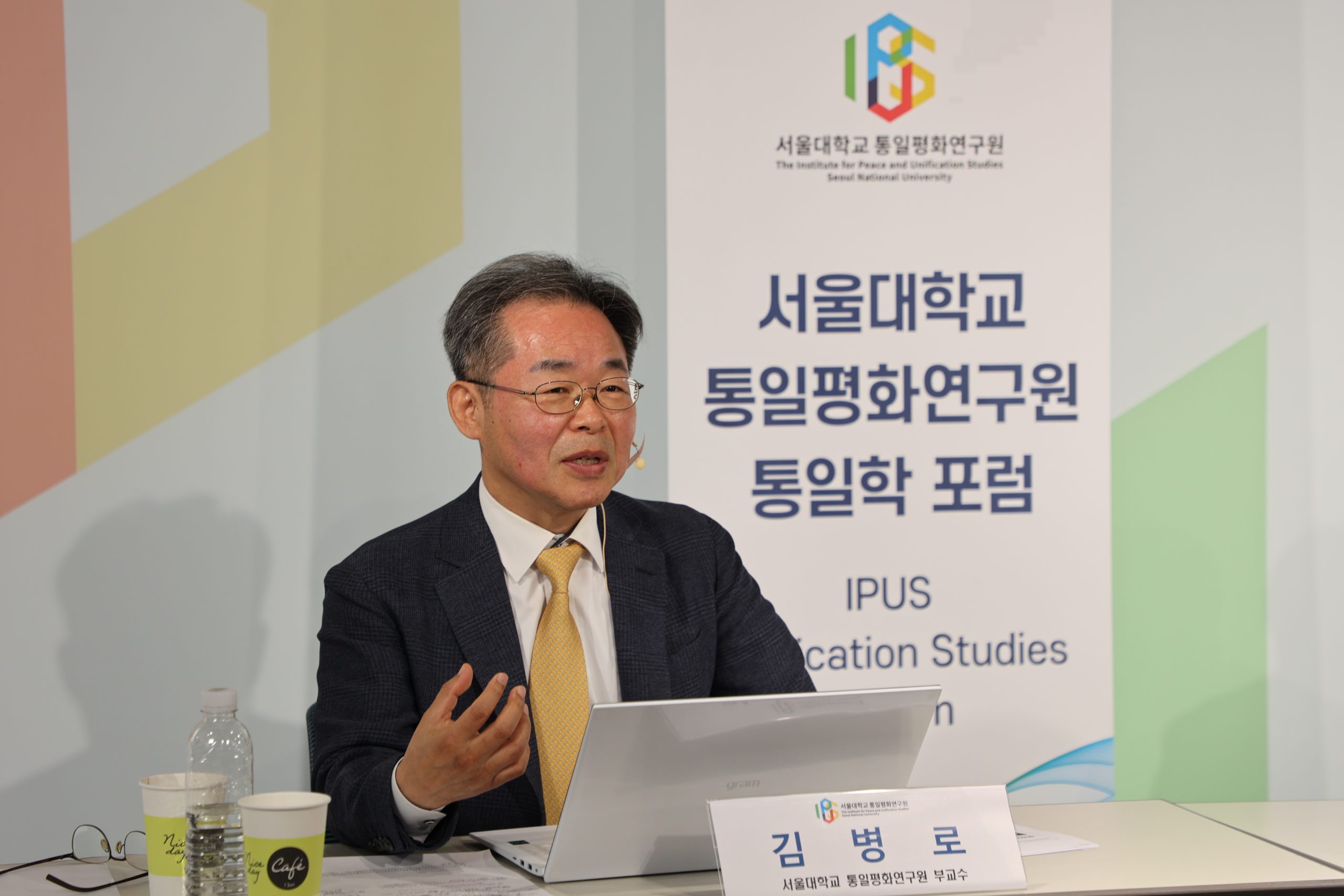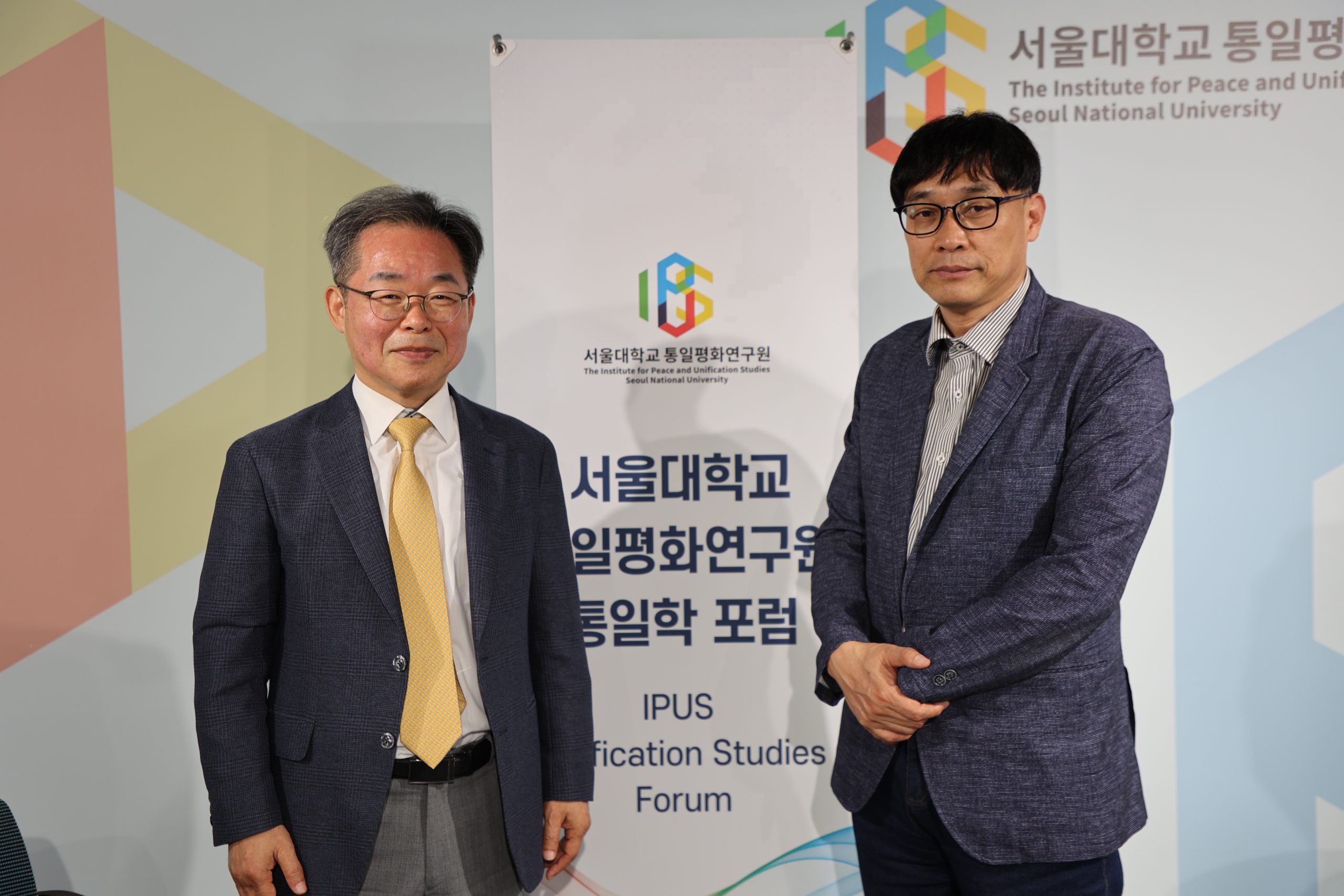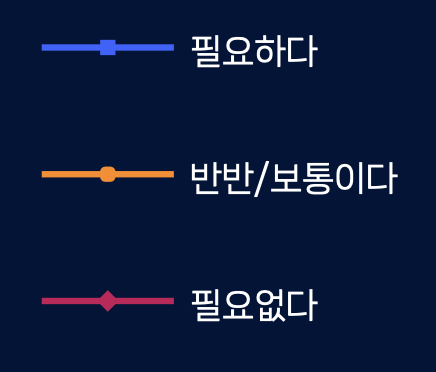[101th Unification Studies Forum] North Korean Socio-Cultural policies and trends
- Date: Thursday, May 16, 2024, 15:00 – 17:00 (KST)
- Venue: Online video conference (ZOOM)
- Speaker: Jeon, Young-seon (HK research professor, Institute of himanities for Unification at KKU),
- Moderator: Kim, Philo (Professor, IPUS at SNU)
- Topic: North Korean Socio-Cultural policies and trends
The Institute for Peace and Unification Studies at Seoul National University(IPUS at SNU) hosted the 101th Unification Studies Forum on Thursday, May 16, 2024, under the theme of “North Korean Socio-Cultural policies and trends”. The Unification Studies Forum is an expansion and reorganization of the Unification Policy Forum, which was held 75 times between 2006 and 2020, and is now in its 101th edition. The forum was moderated by Dr. Kim Philo, a professor at IPUS, who opened the forum with a welcome speech.
During this forum, HK research professor Jeon Young-seon explained recent North Korean Socio-Cultural policies and trends. Before 2019, North Korea set two major goals: ‘Socialist Civilization’ and ‘Globalization.’ The aim of the ‘Socialist Civilization’ was to enable the people to enjoy a civilization of global standards, thereby strengthening the socialist system. The emphasis on globalization was highlighted through the trial performance of the Moranbong Band on July 6, 2012, which called for fundamental innovation and change. During his speech at the event, Kim Jong-un stressed that “we must boldly accept and make our own the good things from other countries while creating excellent things unique to our nation that suit our people’s tastes” in an effort to develop North Korea’s music and arts to a global level【Rodong Sinmun, July 9, 2012】.
However, after 2019, the situation in North Korea changed rapidly due to the breakdown of the Hanoi Summit and the COVID-19 pandemic. Following the breakdown of the Hanoi Summit, North Korea revised its foreign policy, shifting from improving external relations to strengthening anti-imperialist confrontations. This led to the severance of dialogue with the United States and South Korea, and on June 25, 2023, a large-scale mass rally was held on ‘Anti-American Struggle Day.’ During this period, the concept of ‘Our State First’ emerged. This concept was first mentioned in the Rodong Sinmun article reporting the test launch of Hwasong-15 on November 30, 2017, and was later spread through a box article in the 2018 issue of the magazine 『Choson Women』. Kim Jong-un reiterated this concept in his New Year’s address in 2019.
After the breakdown of the Hanoi Summit, North Korea declared a ‘frontal breakthrough’ campaign, but the economic crisis developed into a systemic crisis due to the COVID-19 pandemic. Border closures severed foreign trade, and health crises emphasized ‘People-First’ ideology. In the face of a food crisis caused by natural disasters, North Korea braced itself for a ‘March of Hardship.’ Kim Jong-un emphasized, “all Party members and workers must hold firm to the belief in our state-first ideology, vigorously push forward our socialist economic construction in our own way, and splendidly build our precious socialist home, which has been defended through generations.”
Since 2022, North Korea has strengthened anti-imperialist international solidarity, showing a pro-Russian stance politically while promoting civil exchanges such as tourism. The year 2024 has been designated as the year of friendship between China and North Korea, aiming to strengthen socialist international solidarity with Southeast Asian countries. A delegation led by Kim Song-nam, head of the International Department of the Central Committee of the Workers’ Party, visited China, Vietnam, and Laos from March 21, 2024.
Internally, in order to maintain the collectivist spirit as the essence of socialism, North Korea actively promoted the five major educational campaigns: revolutionary tradition education, loyalty education, patriotism education, anti-imperialist class education, and moral education. Especially emphasizing absolute loyalty to Kim Jong-un, it was stated that “absolute loyalty to our respected General Secretary is the spiritual strength that makes our people think and act according to the Party Central Committee’s ideological will.” Additionally, several ideological control laws were enacted, including the 「Anti-Reactionary Thought and Culture Rejection Act」 in December 2020, the 「Youth Education Guarantee Act」 in 2021, and the 「Pyongyang Cultural Language Protection Act」 in January 2023.
The 「Pyongyang Cultural Language Protection Act」, enacted in January 2023, is aimed at protecting ‘Pyongyang cultural language’ and establishing a socialist linguistic lifestyle by strictly punishing the influx and dissemination of non-normative language. The law defines “vocabulary, grammar, and intonation that have been westernized, Japanized, or Sinicized to the extent that they have completely lost the essence of the Korean language as a mongrel language that is vile and detestable trash with no parallel in the world” (Article 2 definition), and prescribes severe punishments to “eradicate the phenomenon of using puppet speech” (Article 1).
Furthermore, ‘law-abiding spirit’ is emphasized as a socialist virtue, and in the era of ‘Our State First,’ it is defined as a patriotic movement, a practice of patriotism by adhering to the laws set by the state. In addition, North Korea has concretized its vision of a socialist utopia, promoting rural and mountainous urban development, and implementing the 20×10 policy to develop 20 selected local counties over ten years.
In relations with South Korea, Kim Jong-un, during the 8th Central Committee’s 9th plenary meeting of the Workers’ Party from December 26 to 30, 2023, criticized the South Korean government’s North Korea policy as only pursuing ‘regime collapse’ and ‘absorption unification,’ declaring a fundamental redefinition of unification policy and a fundamental shift in the principles and direction of the struggle against South Korea. On January 1, 2024, a meeting was held led by the Ministry of Foreign Affairs to abolish and organize the South Korean-related institutions, closing all relevant sites. In his policy speech at the Supreme People’s Assembly on January 15, Kim Jong-un ordered the demolition of the “Three Charters for National Reunification Memorial Tower,” an eyesore at the southern gateway of Pyongyang, and emphasized that “the concepts of ‘reunification,’ ‘reconciliation,’ and ‘compatriots’ should be completely eliminated from the history of the Republic.” This suggests a potential constitutional amendment.

